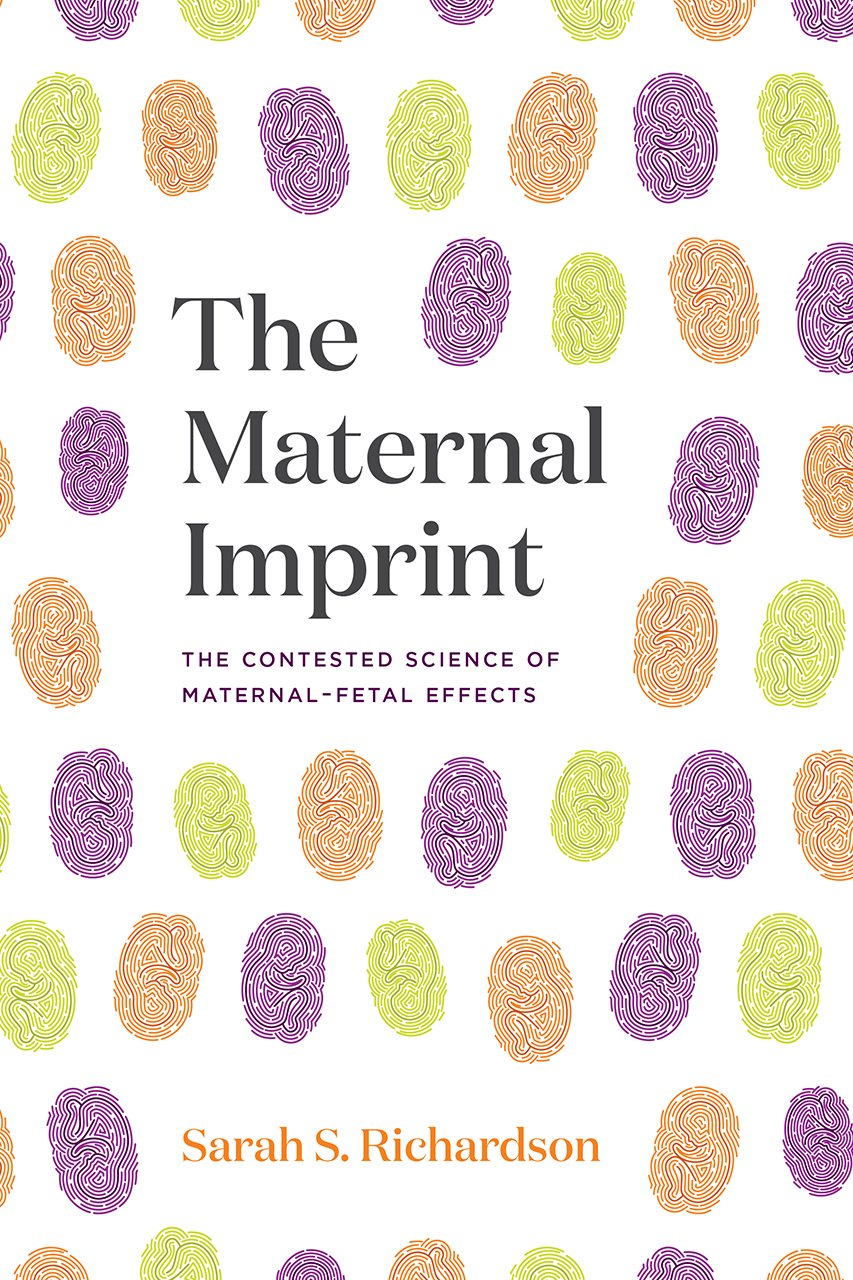New paper in Science: GenderSci Lab calls for accountable science on sex in light of rising appeals to scientific authority in discriminatory law and policy
In this Friday’s issue of Science the GenderSci Lab has a peer-reviewed Policy Forum article,“Law, Policy, Biology, and Sex: Critical Issues for Researchers.” In this explainer, we provide additional background and context on this piece, and answer common questions.
New article: GenderSci Lab Examines the Tensions Between “Sex as a Biological Variable” Mandates and Precision Medicine Initiatives
Today, the GenderSci Lab has a new commentary out in Cell Reports Medicine, which argues that mandates to make male-female sex comparisons in all areas of biomedical research conflict with precision medicine’s goal of individualized and targeted treatments.
Research Handout for Scientists: When and how can you apply sex contextualism in your own research?
To help bring sex contextualist frameworks into the laboratory, we wrote this condensed, portable, 1-page document that answers common questions about sex contextualist approaches in experimental design, execution, and reporting.
No Sex Without Context: A Q&A with Sarah Richardson on “Sex Contextualism”
Recently lab director Sarah Richardson published a paper proposing sex contextualism as a new model for conceptualizing and operationalizing sex in biomedical research. We take a moment to unpack sex contextualism with Sarah, digging into both the substance and the implications of her argument.
New Teaching Tool from GSL about Sex Contextualism
GSL made a teaching slidedeck that walks through the central ideas of Richardson’s paper “Sex Contextualism,” with the aim of equipping students with critical tools for understanding sex contextualism as a conceptual and practical framework and why it matters.
How to Be an Anti-Eugenicist
In her recent sociogenomics manifesto The Genetic Lottery, Kathryn Paige Harden sets out to rescue behavior genetics from the spectres of racism and eugenics. Harden portrays eugenics much like a trait in a pedigree chart: passed on from eugenicist to eugenicist, predictably uniform, easily traceable, and unchanging over time. To promote her monolithic portrayal of eugenics, Harden’s narrative is simple and obfuscates the complexities that have allowed eugenics to survive - even flourish - within the field of genetics.
New Paper: COVID-19 sex disparities differ dramatically across U.S. states and over time, pointing to social factors
New and out from the GenderSci Lab this week in the journal Social Science and Medicine is a comprehensive paper characterizing extensive heterogeneity in COVID-19 sex disparities over time and across states in the U.S. The paper is the first longitudinal study to quantify variation in COVID-19 gender/sex disparities across U.S. states.
Explainer: The Limitations of Case Fatality Rates for Measuring Sex Disparities
Through what methods would we know whether COVID-19 deadlier for men than for women? In a new commentary just out in Women’s Health Issues, the GenderSci Lab examines the limitations of case fatality rate (CFR) as a metric for studying sex disparities in COVID-19 outcomes.
New Book from Lab Director Sarah Richardson: The Maternal Imprint
A thorough history of scientific ideas about the long reach of the womb in which you are gestated, Richardson’s book breaks new ground, challenging the reader to rethink much of what they have so often been told about the relationship between a pregnant person and their fetus.
Explainer: Our New Paper Exploring the Implications of Private Equity Acquisitions in Fertility Industry for Patients
Our new study evaluated the prevalence and performance of private equity-owned fertility clinics in the United States. This study is the first to quantify the extent to which private equity is acquiring swaths of the fertility industry.
How did a small COVID-19 sex difference study with largely negative findings become framed as a "Battle of the Sexes"?
Below we explore how the authors of the 2020 Nature paper helped frame this small COVID-19 sex difference study as an unsubstatiated “Battle of the Sexes” in the popular press.
No Evidence for a Sex Difference in Immune Response to COVID-19: An Explainer of the GenderSci Lab’s Nature Matters Arising Article
In our Matters Arising piece, we aren’t just arguing that there are some small issues with the original paper. We argue that its core claim is completely unsubstantiated: that the Takahashi et al. study does not, in fact, demonstrate that biological sex explains differences in COVID-19 patient outcomes.
Introducing a new state “Report Card” & The First New Report Card: Results from April 2021
The GenderSci Lab has decided to update our report card parameters, so that we now track states’ reporting of gender/sex interactions for three outcome variables (age, race/ethnicity, and comorbidities), plus nonbinary gender. Here we unveil our first report card in this new iteration, from April 2021.
What the GenderSci Lab learned from 8 months of tracking state reporting of socially relevant variables in COVID-19 outcomes
Here, we will summarise our general reflections from our 8 months of tracking data collection and reporting through the current iteration of our Report Card. First, we'll describe the challenges of data collection, then we will explore changes we observed in the reporting of socially relevant variables by each state.
An overview of the GenderSci Lab US State Covid-19 Report Card Project & The Final Report Card: The “State” of Affairs as of February 2021
We recap the process of creating our COVID-19 State Report Card, which tracks the comprehensiveness of state reporting of socially relevant variables for COVID-19 cases and fatalities. Here we also provide the grades and results from our February 2021 report card.
Start Collecting COVID-19 Data Inclusive of Trans and Gender Expansive Folks Now!
In a collaboration with the Harvard SOGIE Health Equity Research Collaborative, today the Harvard GenderSci Lab has a new post up on the Health Affairs blog about gaps in COVID-19 public health data collection on trans, non-binary, and gender-expansive people.
Alt-right Uptake of Sperm Decline Science
With media headlines such as “Urgent Action Needed on Disturbing Male Fertility,” the findings of Levine et al. (2017) received wide press coverage, including in alt-right online forums. And yes, we went to the dark web so you don’t have to. Here we document and analyze discourse on alt-right threads on 4CHAN, Reddit, and Twitter following the publication of the 2017 Levine et al. study that the GenderSci Lab critiques in our new paper.
Q and A on Gender, Science, and the Alt-Right, with Alexandra Minna Stern, author of “Proud Boys and the White Ethnostate”
In this Q & A, we ask Professor Stern more about the specific ways in which the alt-right animates fears of white male decline, revives biologically essentialist ideas about gender, and insinuates the authority of legitimate scholarship, in particular through appeals to science. We also invite her reflections on how interdisciplinary feminist science studies scholars can responsibly engage with the alt-right’s deeply problematic claims.
Around the world in pursuit of (vanishing) sperm
This post will dive deeply into what can be gleaned from these early studies comparing sperm quality across geographical regions within Europe for contextualizing current high-profile claims about the decline of sperm around the world . . . . “West” and “Other” are not tenable categories, and an analysis of their boundaries from multiple angles sees their geographic and demographic architectures crumble.
Sperm Stats: What’s in a Number?
In this blog post, I’m going to walk through how sperm statistics are made by analyzing the 2017 paper by Levine et al., wherein the authors argue that sperm counts around the globe are dropping–but most particularly in “Western” countries and not “Other” countries. I highlight some key methodological choices that Levine et al. and others made while trying to gain insight into the state of global sperm counts.




















